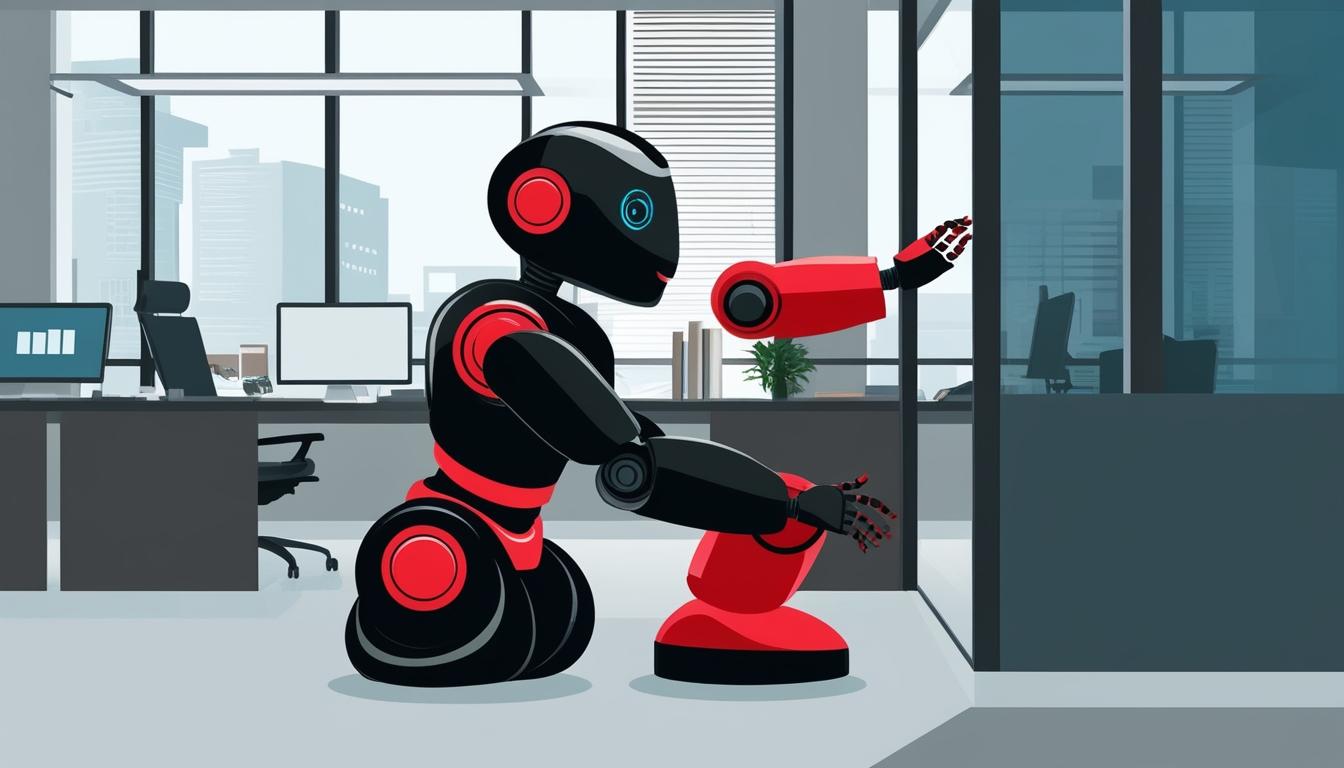As businesses forge ahead into the age of artificial intelligence (AI), a range of transformative trends are expected to emerge by 2025, reshaping industry standards and operational frameworks. Ivana Johnston, CEO and co-founder of Puzzle Partner, highlights what lies ahead in AI technology within her recent analysis for Hotel News Resource, suggesting a significant departure from conventional business practices.
The vision for AI in the near future is characterised by the ascendance of AI agents, which are anticipated to evolve from mere tools to integral, strategic components of corporate leadership. Major players in the industry, such as Microsoft, OpenAI, and Alphabet, are heading this revolution, fundamentally redefining the nature of work. According to Research and Markets, businesses are now incorporating AI agents to automate tasks traditionally managed by humans, including negotiating vendor contracts, streamlining supply chains, producing reports, and enhancing customer service operations. A Forbes study has noted that businesses utilising these AI systems are experiencing efficiency gains that far exceed what was once thought achievable through standard automation processes.
Simultaneously, the landscape is witnessing the introduction of robots that are not just confined to assembly lines but are becoming advanced tools of operational efficiency used by companies like Ford and Tesla. These robots undergo rigorous training in virtual environments, preparing them for real-world applications. The economic implications are clear; as competitors adopt these technologies, the cost of not doing so may soon render traditional methods obsolete.
In response to recent plateaus in machine intelligence growth, the sector has started to innovate radically. Notable advancements, such as OpenAI’s o3 methodology and Google’s reasoning-capable AI, signal a shift toward smarter and more capable machines. Johnston outlines the breakthroughs in Small Language Models (SLMs) and neuro-symbolic AI, heralding an era that combines legacy techniques with innovative strategies. Additionally, AI development now reflects a growing awareness of environmental impacts and an emphasis on sophisticated reasoning capabilities similar to human thought processes.
Emerging from this landscape is the trend of voice-first technology, which Johnston asserts is evolving into a primary interface between human decision-making and digital execution. Companies leveraging this technology for strategic tasks will likely gain a competitive edge in the near term. The adoption of generative AI has shown substantial benefits, with business leaders demonstrating a 55% to 75% productivity increase in just a year.
As AI continues to expand, its influence reaches critical areas such as healthcare, where studies published in The Lancet Digital Health reveal AI systems that can match or exceed the diagnostic accuracy of human radiologists. The National Institute of Health anticipates significant reductions in drug discovery timelines, enabling faster progress in the medical field.
Looking ahead, notable advancements from companies like Meta, with their development of AI headsets and augmented reality (AR) eyewear, promise to blur the lines between the physical and the digital, creating novel experiences and opportunities for businesses and consumers alike. Johnston emphasises that the transition towards digital was once considered optional; however, it is now imperative for companies to navigate these changes or risk obsolescence.
In conclusion, the evolving landscape of AI automation presents unparalleled opportunities and challenges for businesses. Johnston's insights underscore the necessity for companies to adapt to this rapid progression or face the consequences akin to past industry giants that faltered in the digital age.
Source: Noah Wire Services
